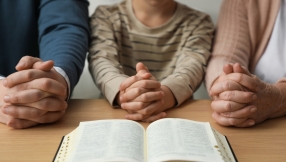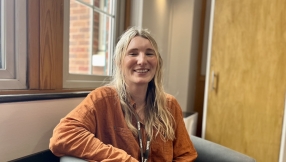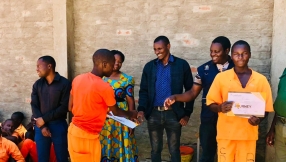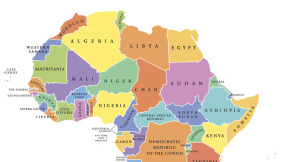Kyoto, Iraq, Iran on World Council of Churches Agenda
The 25 - 28 September meeting is being preceded by a visit to the Holy See of Etchmiadzin by WCC General Secretary Rev Dr Samuel Kobia and hosted by the Armenian Apostolic Church, which ends on Tuesday.
His schedule includes a meeting with the Catholicos of All Armenians, Supreme Patriarch Karekin II, and representatives of partner ecumenical organisations in the country. Dr Kobia will also take in a visit to St Gregory the Illuminator Cathedral in Yerevan, where he will attend a worship service.
On Tuesday, the WCC representatives will be joined by the Archbishop of Canterbury Dr Rowan Williams in a visit the Tsisernakaberd Genocide Memorial to express solidarity with the victims, churches and people of Armenia.
The World Council of Churches (WCC) executive committee will then meet in Etchmiadzin, the spiritual and administrative headquarters of the Armenian Church.
Executive committee members will also address the agenda of the upcoming meeting of the WCC central committee due to take place in Geneva from 13-20 February 2008.
A report on the ongoing discussions regarding an "expanded assembly" will also be on the committee's agenda, as well as a report on the participation of churches in development and advocacy work.
An issue that continues to hold the attention of the WCC is its ongoing advocacy work for the public recognition of the tragic massacre of one-and-a-half million Armenians in Turkey and the deportation of another million from their homeland between 1915 and 1917.
The last call for such recognition was made in February 2005, when the WCC central committee recommended to that Council member churches commemorate the 90th anniversary of the Armenian genocide in April that year.
In its recommendation, the WCC governing body stressed "the need for public recognition of the Armenian genocide and the necessity of Turkey to deal with this dark part of its history".
From a Christian perspective, the committee stated, "The path towards justice and reconciliation requires the recognition of the crime committed as a sine qua non condition for the healing of memories and the possibility of forgiveness."













